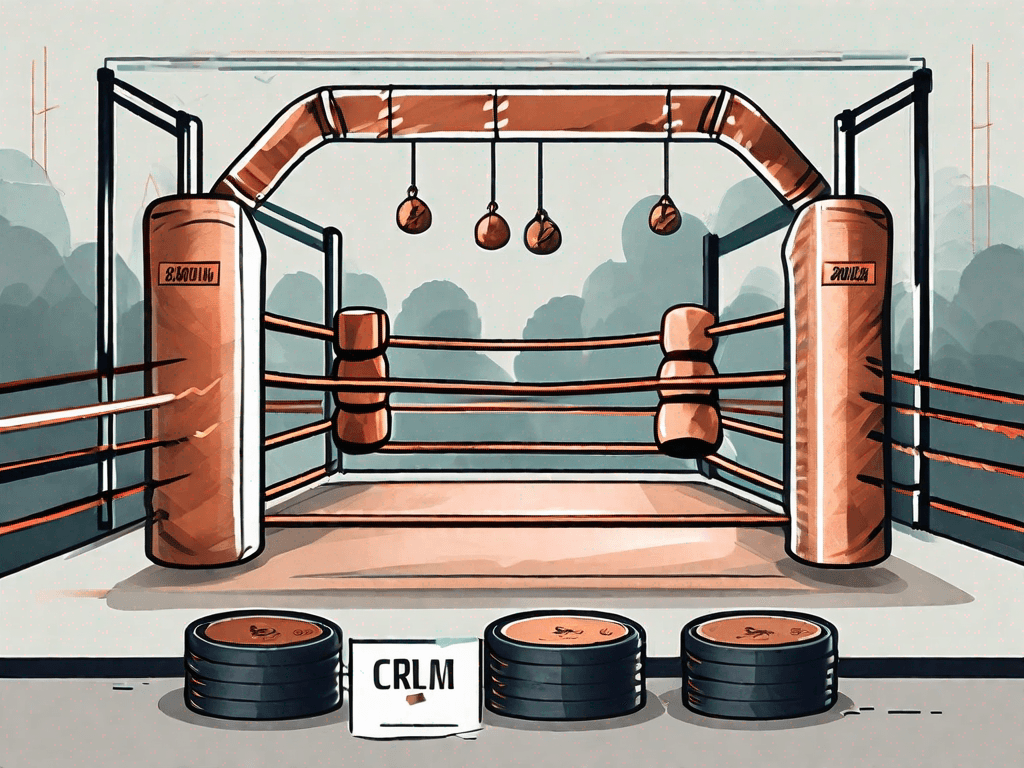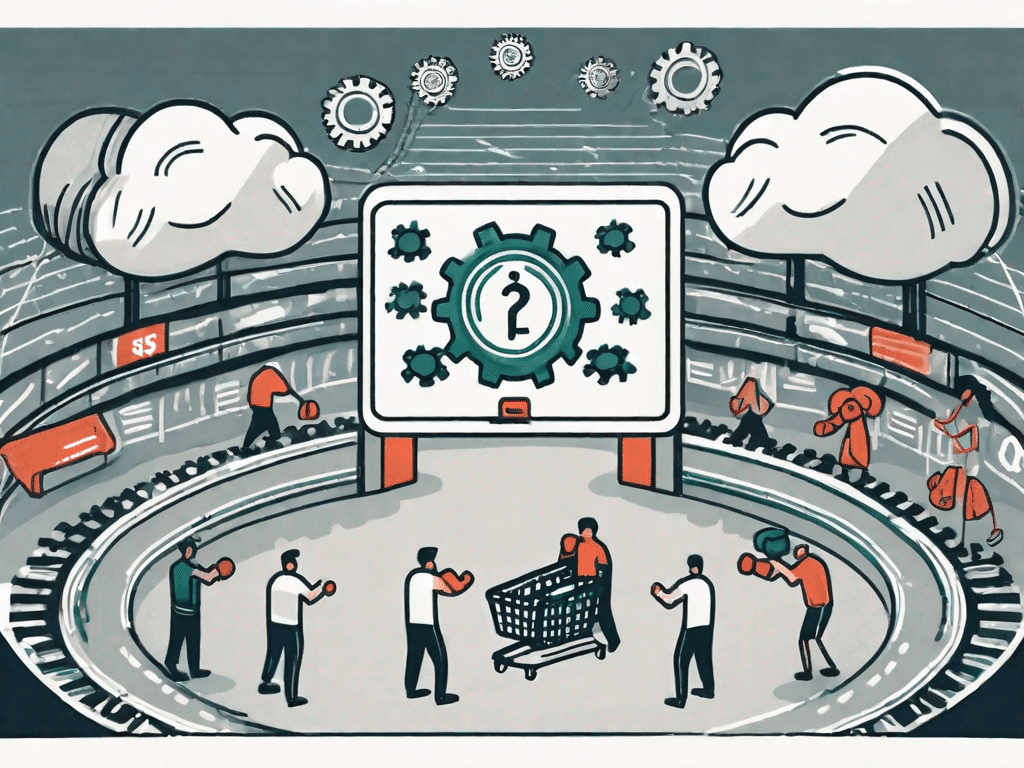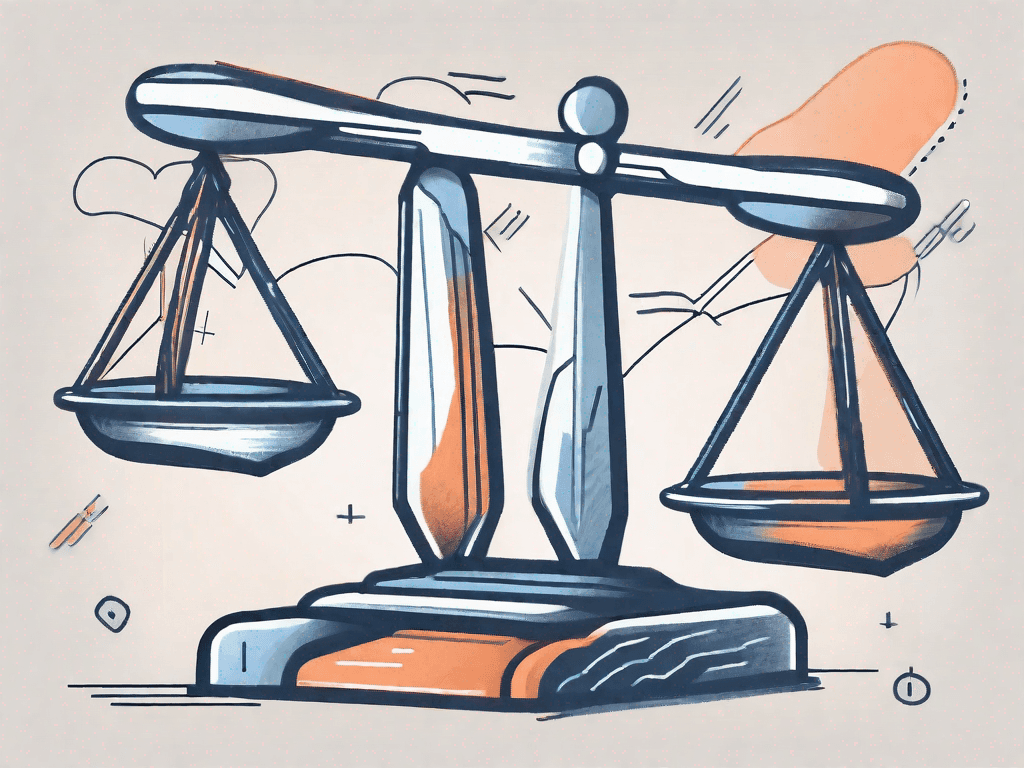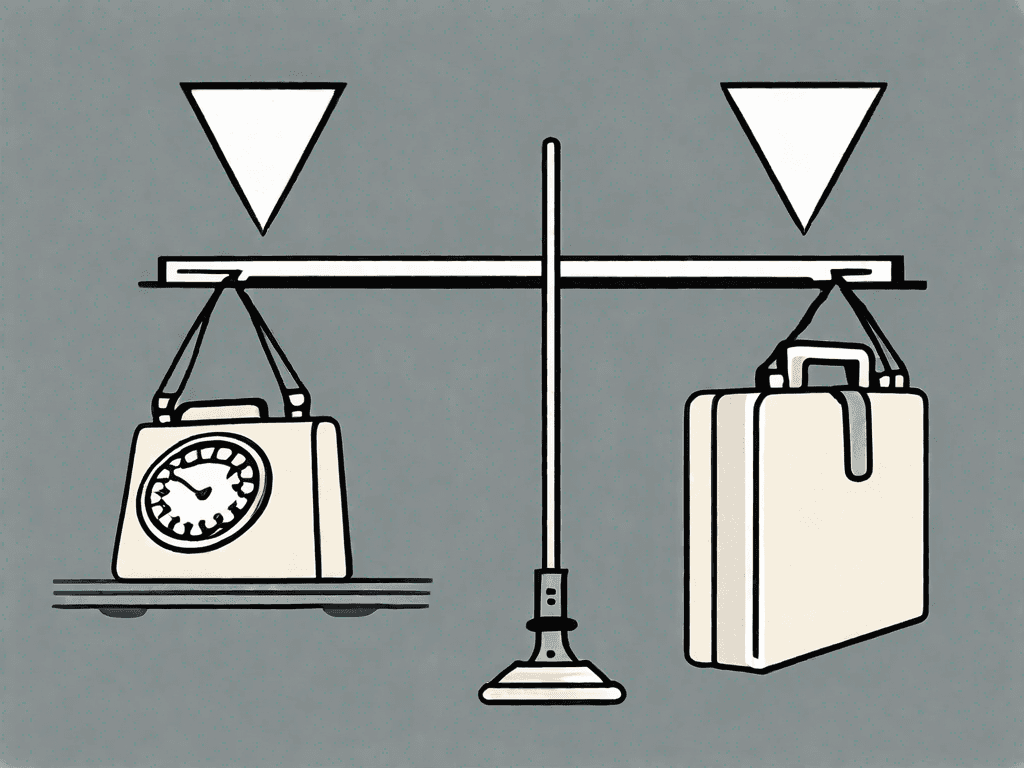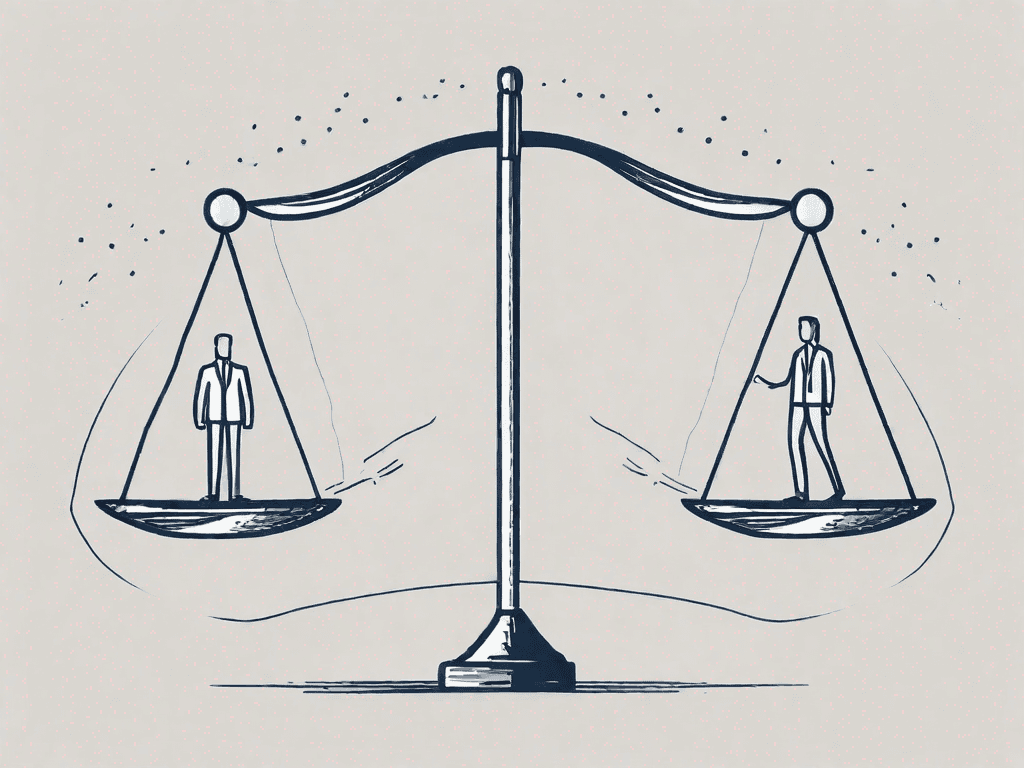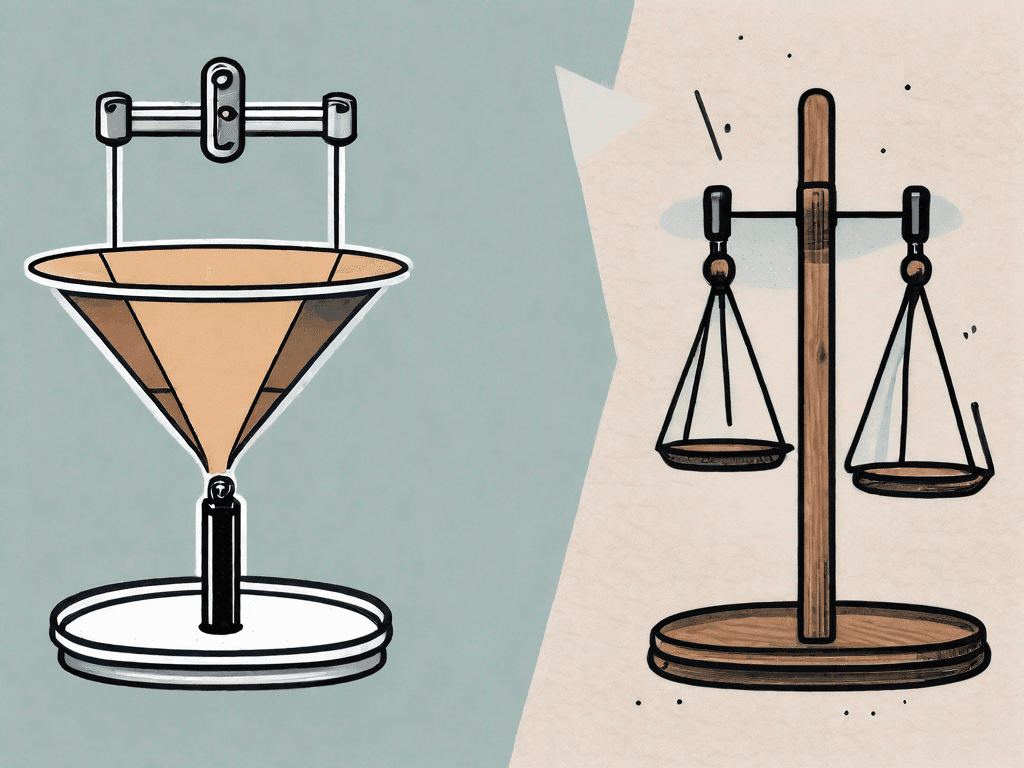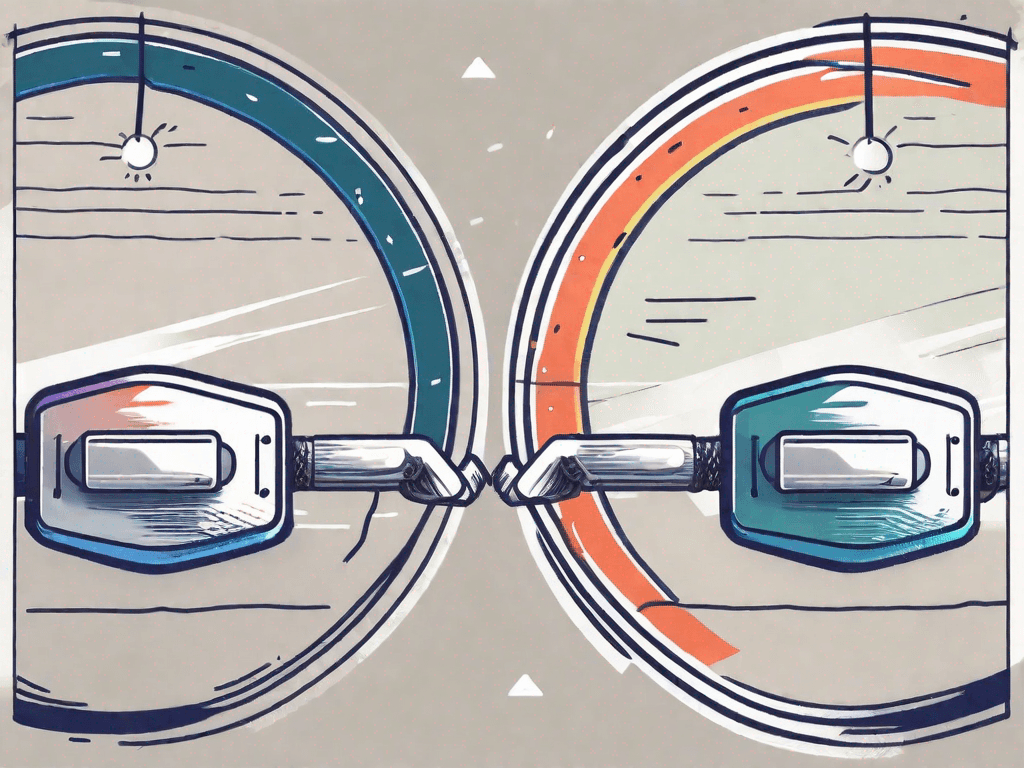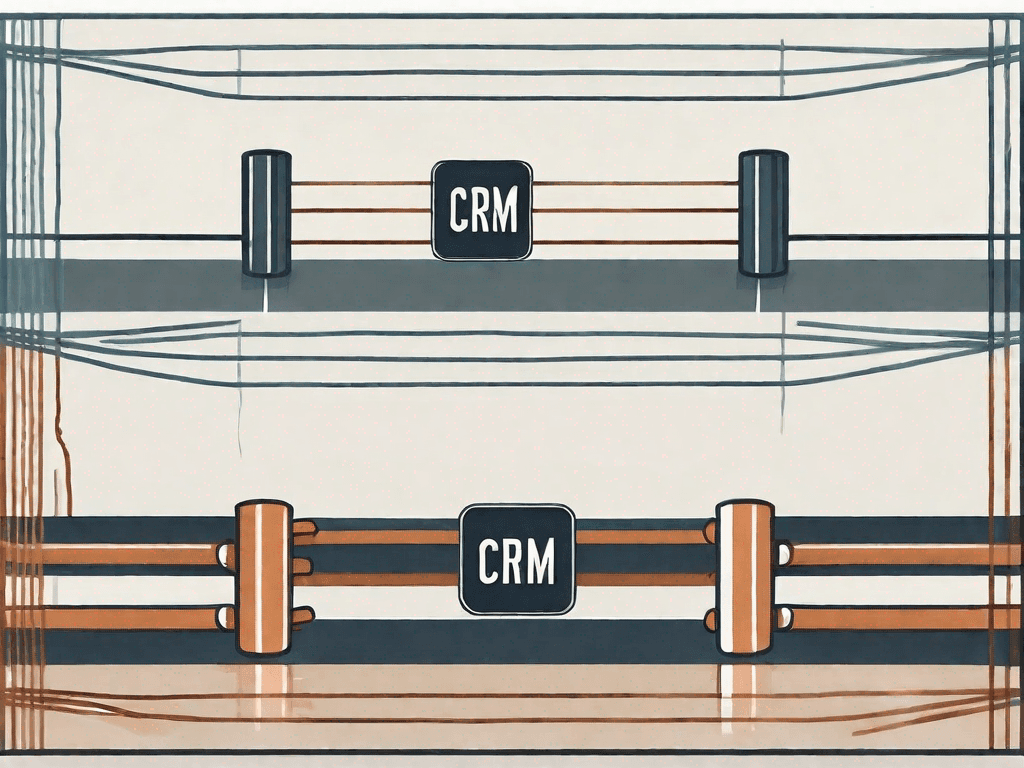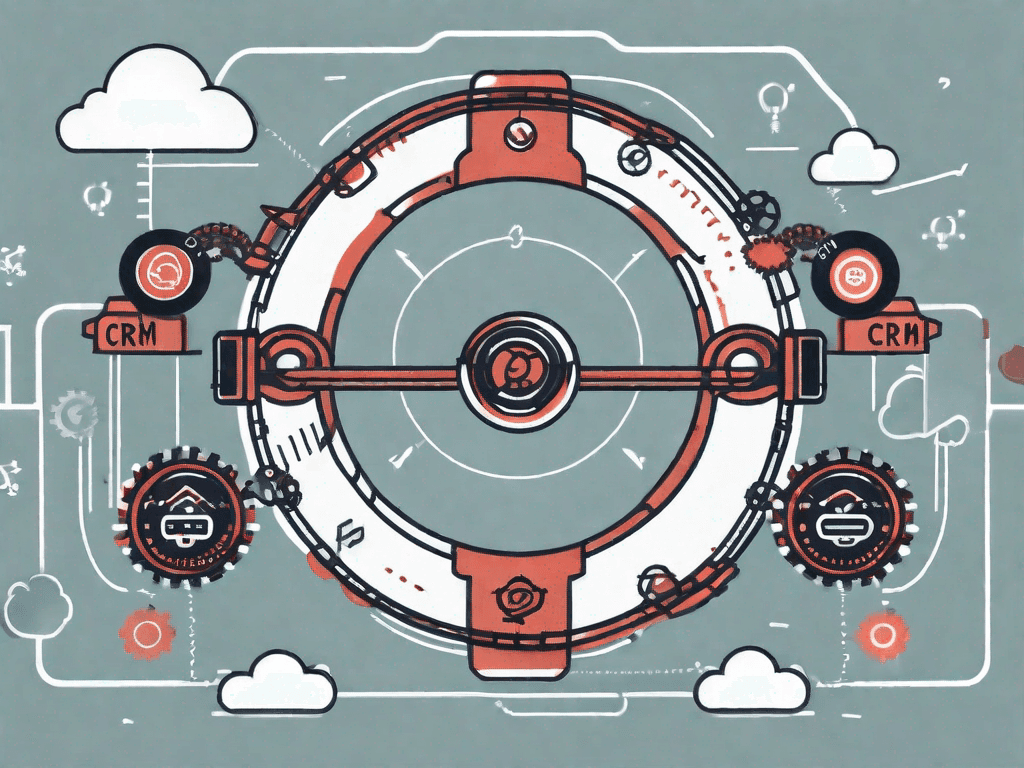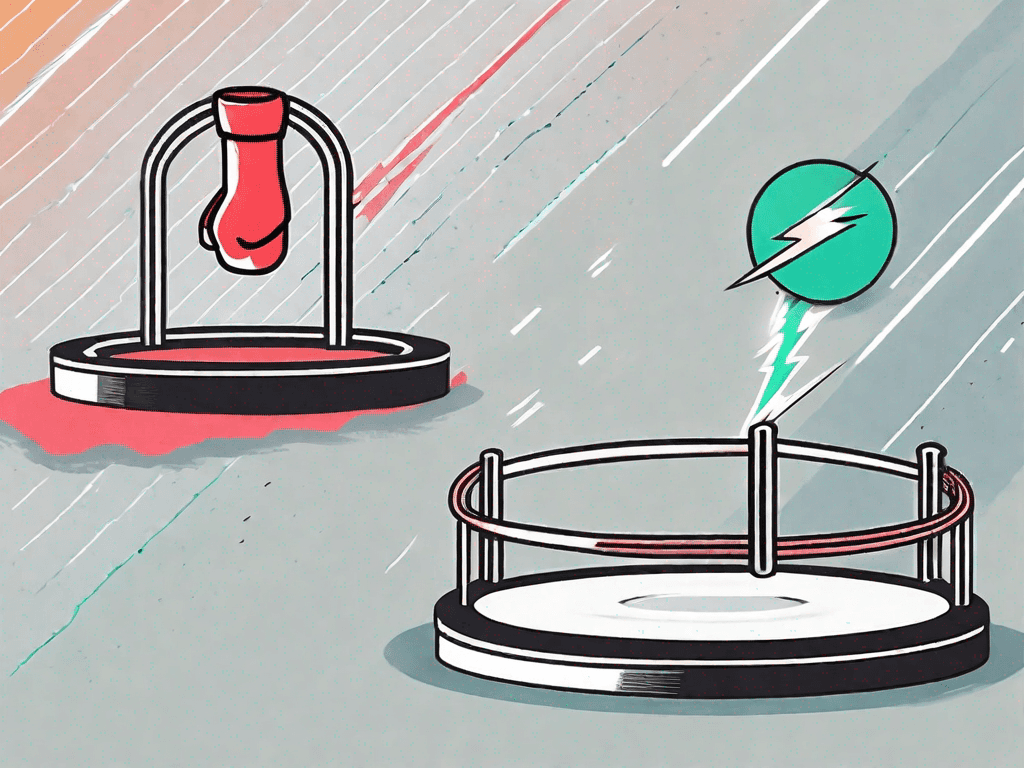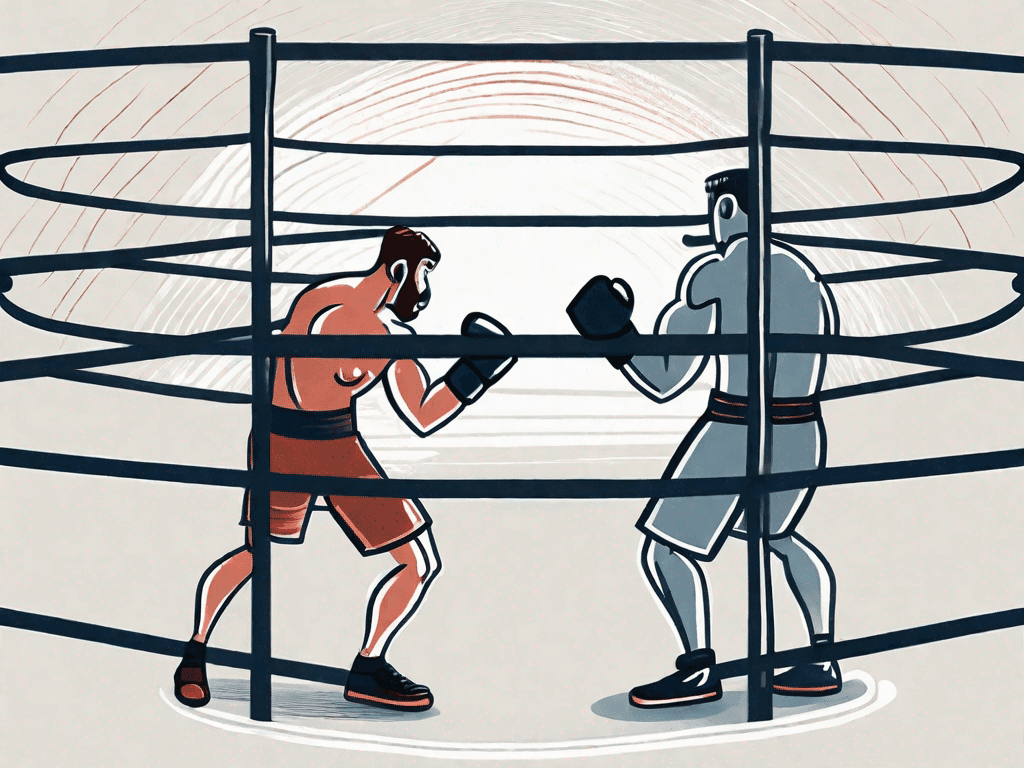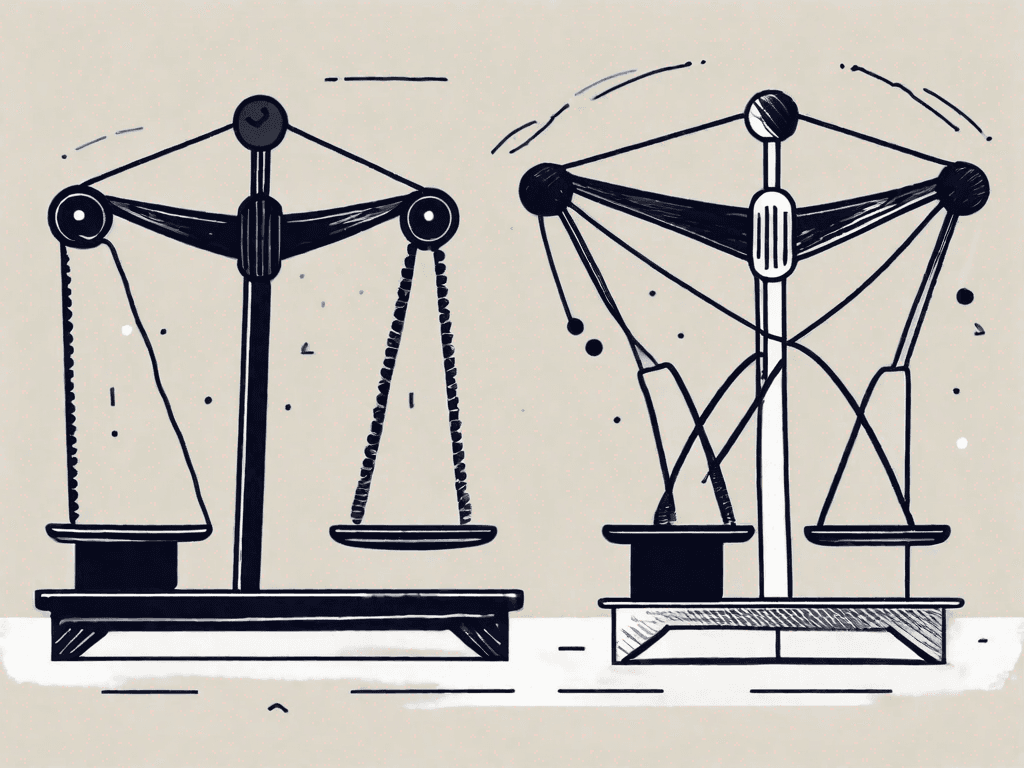
What Are The Best Times to Cold Call?
Cold calling is a crucial aspect of sales and marketing, but it's important to keep in mind that timing plays a significant role in its effectiveness. In this article, we will dive into the best times to cold call and explore various factors that influence those timings. By understanding these key aspects, you can maximize your chances of connecting with potential customers and achieving your sales objectives
Understanding Cold Calling
Before we delve into the specifics of timing, let's take a moment to understand the basics of cold calling. Cold calling refers to the practice of reaching out to potential customers who have not expressed any prior interest in your product or service. Its purpose is to introduce your offering, create awareness, and potentially generate sales leads. However, it is essential to approach cold calling with a well-prepared strategy, as timing can greatly impact its success.
The Basics of Cold Calling
When it comes to cold calling, it's essential to have a clear objective in mind and a well-crafted pitch. Your goal should be to pique the interest of the person you are calling, so they are willing to listen to what you have to say. Additionally, it is crucial to personalize your approach and demonstrate a genuine understanding of their pain points and needs.
Cold calling can be a daunting task, but with the right mindset and preparation, it can also be a powerful tool for business growth. One important aspect of cold calling is to research your target audience thoroughly. By understanding their industry, challenges, and goals, you can tailor your pitch to resonate with them and increase your chances of success.
Another key element of successful cold calling is effective communication skills. You need to be able to articulate your message clearly and concisely, while also being able to adapt to different personalities and communication styles. Building rapport with the person on the other end of the line is crucial in establishing a connection and keeping their attention.
The Importance of Timing in Cold Calling
Timing is a critical factor in cold calling for several reasons. Firstly, reaching out at the right time increases the likelihood of connecting with decision-makers who are available and willing to engage in a conversation. Secondly, it helps you avoid calling at inconvenient moments when potential customers might be busy or unable to give you their full attention.
When considering the best times to cold call, it's important to take into account the industry you are targeting. Different industries have different peak hours and busy periods. For example, if you are targeting professionals in the healthcare industry, it may be best to avoid calling during their busiest times, such as early mornings or late afternoons when they are likely to be in patient care.
Furthermore, understanding the time zones of your target audience is crucial. Calling too early or too late in their local time can be off-putting and decrease your chances of success. It's important to research and identify the optimal time frames for reaching out to your potential customers in different regions.
In addition to industry and time zone considerations, it's also beneficial to consider the day of the week when planning your cold calling strategy. Mondays are often busy and overwhelming for many people, so it may be more effective to schedule your calls later in the week when individuals are more settled and receptive to new opportunities.
Lastly, it's worth mentioning that persistence is key in cold calling. Not every call will result in an immediate positive outcome, but by consistently reaching out and following up, you increase your chances of success. Timing plays a role in this as well, as it's important to find the right balance between being persistent and not becoming a nuisance.
In conclusion, while cold calling can be challenging, understanding the basics and considering the importance of timing can significantly improve your chances of success. By crafting a compelling pitch, personalizing your approach, and reaching out at the right moments, you can maximize the effectiveness of your cold calling efforts and generate valuable leads for your business.
Factors Influencing the Best Times to Cold Call
Time Zones and Geographic Considerations
One factor that you must take into account is the time zone and geographic location of your target audience. Ensure that you are calling during their working hours to increase the chances of connecting with decision-makers who can make purchasing decisions.
For example, if you are based in New York and targeting prospects in California, it's crucial to adjust your calling times accordingly to align with their local business hours.
Industry-Specific Timing
Another factor to consider is the industry you are targeting. Different industries have varying preferences when it comes to the best times for cold calling. Take the time to research and understand the patterns and behaviors specific to your target industry.
For instance, if you are focusing on the healthcare industry, it might be beneficial to avoid calling during peak patient hours, such as early mornings or late afternoons when healthcare professionals are typically busy attending to patients.
The Role of Decision-Maker's Schedule
Understanding the typical schedule of decision-makers within your target audience is crucial. Consider the roles and responsibilities of the individuals you are reaching out to, as this can affect their availability and willingness to engage in a conversation.
For example, high-level executives might have a preference for early mornings when they are more likely to have uninterrupted time to discuss business matters.
Optimal Days of the Week for Cold Calling
Early Week Calling: Pros and Cons
Starting the week with cold calls can help you catch decision-makers before their schedules fill up and while they are more open to exploring new opportunities. However, Mondays can also be hectic, as professionals are catching up from the weekend. Therefore, striking the right balance between being proactive and respectful is crucial.
Mid-Week Calling: Pros and Cons
Mid-week is a popular choice for cold calling, as professionals have settled into their workweek and are open to exploring new possibilities. With the initial rush of Monday behind them and the weekend still ahead, decision-makers might have more time and willingness to engage in conversations.
Late Week Calling: Pros and Cons
Calling towards the end of the week has its advantages, as decision-makers might be more relaxed and open to new ideas. On the downside, some professionals may have already mentally checked out for the week, making it harder to capture their attention. Therefore, it's important to gauge the response and adjust your approach accordingly.
Best Times of the Day to Cold Call
Morning Calls: Pros and Cons
Calling during the early hours of the day can be advantageous, as professionals are often more alert and receptive at the start of their workday. However, ensure you strike the right balance, as reaching out too early might catch them off guard and result in an unfavorable response.
Afternoon Calls: Pros and Cons
Afternoons can be a good time to cold call as decision-makers have settled into their day and might be more open to discussing business matters. However, it's important to be mindful of lunch breaks and avoid calling during those hours.
Evening Calls: Pros and Cons
While evenings may not be the most popular time for cold calling, it can be advantageous in certain situations. Professionals who have a demanding schedule during the day might have more time to spare during the evenings, allowing for a more in-depth conversation. However, be careful not to encroach on their personal time or call too late in the evening.
In conclusion, determining the best times to cold call requires careful consideration of various factors, including time zones, industry-specific preferences, and the routines of decision-makers. By aligning your outreach efforts with these considerations, you can increase the chances of success and maximize the impact of your cold calling campaigns.











![The 8 Best Social CRM Software in 2025 [Comparison]](https://framerusercontent.com/images/RYHyYapdgIi83BEWtMdX418.png)
![The 6 Best LinkedIn CRM in 2025 [Comparison]](https://framerusercontent.com/images/Luywfni7ZKjb19yghbhNPy4I4qQ.png)




![The 5 Best Twitter CRM [Comparison]](https://framerusercontent.com/images/EWcbvYnVZglJLO8jp3OlHkTvsHo.png)
































































































































































